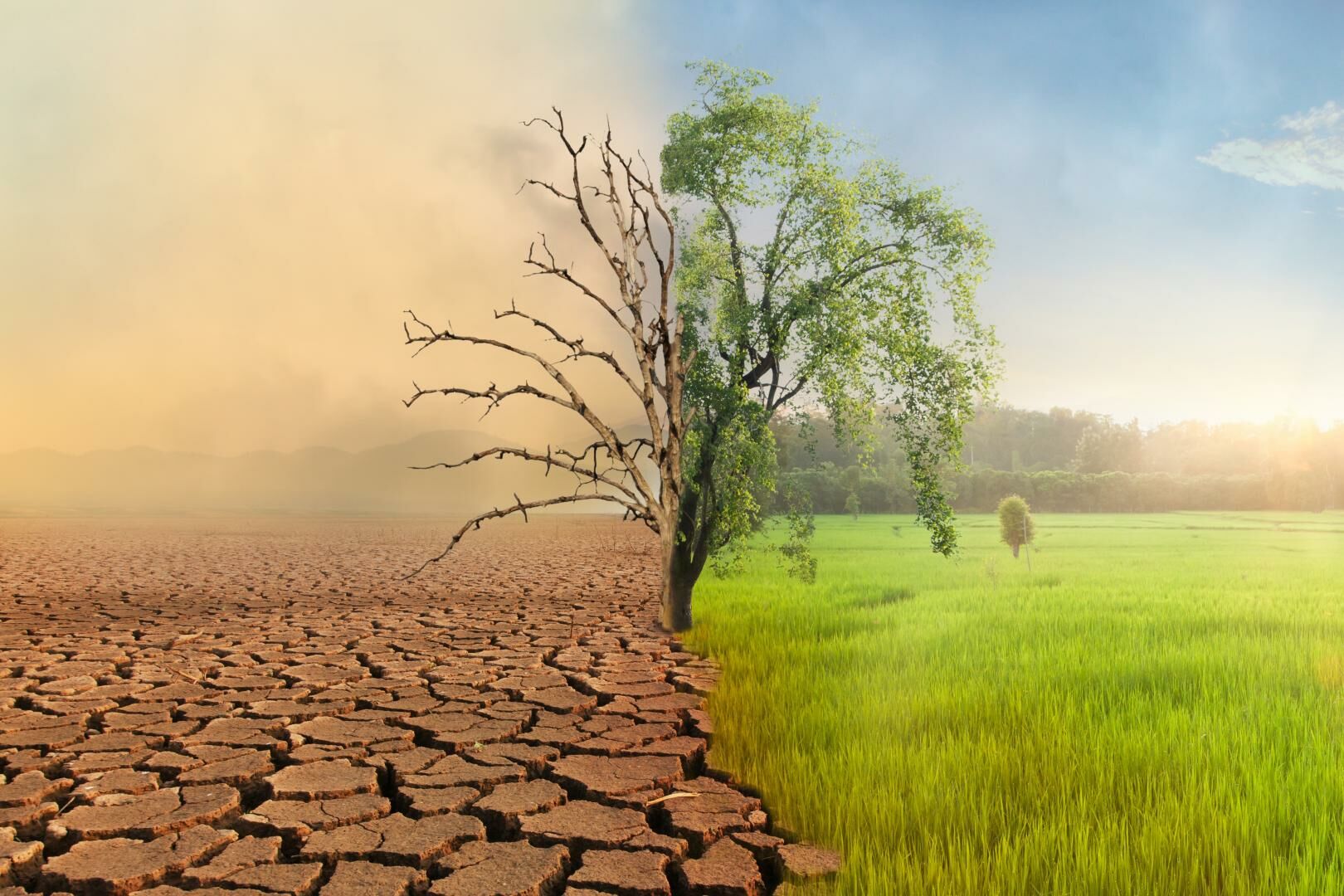Thai farmers feeling the heat: Climate change threatens crop yields

Farmers in Thailand are facing a significant threat from climate change, with an alarming drop in crop yields predicted over the next seven decades. This growing crisis has prompted calls for the government to implement strategies to safeguard food security.
Witsanu Attavanich, a lecturer in economics at Kasetsart University, is at the forefront of research into the impact of climate change on Thai agriculture. His ongoing project, Effects of Climate Change on Thailand’s Agriculture, which started in 2017, concentrates on the country’s cash crops under two possible scenarios: a temperature rise of 2-3C, and a rise of 4.5C by the end of the century.
According to the study’s findings, by the year 2100, Thailand’s overall rice production could decline by 10.18% and 13.33% respectively. This is particularly concerning for non-irrigation areas, which cover three quarters of the country’s rice plantations, and could suffer a decrease of 31.9% to 42.2%.
Other crops, including sugar cane, cassava and durian, are also expected to see a significant reduction in harvests per rai in the coming 70 years, with sugar cane potentially dropping by 25%-35%.
However, the research project, due to conclude in 2055, has revealed that many Thai farmers are ill-equipped to adapt to the changing climate. Limited access to smart farming technology, coupled with a predominantly ageing farming population unfamiliar with new technologies and digital processes, has made them the most vulnerable group in this crisis.
It’s been highlighted that a mere 15% of farmers in the northeastern region have access to irrigation. The lack of digital technology infrastructure in remote areas, where most of the country’s 12.6 million farmers live, exacerbates the problem, said Attavanich.
“Without effective adaptation and mitigation measures, the country will face poor food security in the future.”
Water reserves
Attavanich urged the government to invest in small-scale water reserves in remote areas, such as wells and underground water sources, and to collaborate with local organisations to educate farmers on adapting to climate change.
The director of the BioThai Foundation, Withoon Liemchamroon, identified single-crop plantations as a significant contributor to greenhouse gas emissions and a destroyer of food security. He argued that the country must revert to agroecology, reducing the use of harmful chemicals and fertilisers.
He also called for the government to eliminate food monopoly businesses that promote single-crop plantation, thereby hindering food diversity and security.
Chief of the Department of Climate Change and Environment, Pirun Saiyasitpanich, agreed that adaptation plans against climate change were essential, acknowledging that food security was a key component.
With the average highest temperature already having increased by 1.1C, and an expected further rise of 2-3C by the end of this century, the necessity to act swiftly and decisively is increasingly urgent.
Latest Thailand News
Follow The Thaiger on Google News:


























